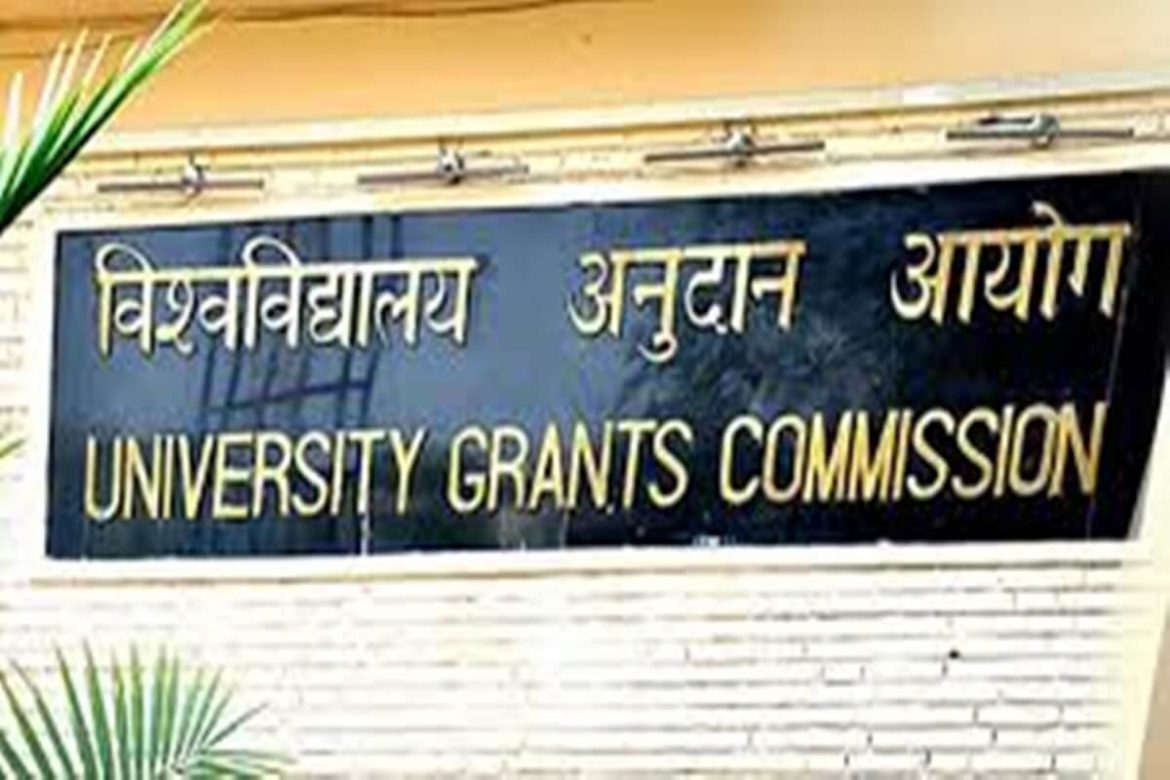In a significant development, the University Grants Commission (UGC), India’s higher education regulator, has announced the removal of the mandatory PhD requirement for individuals applying for the post of assistant professor in colleges and universities. The change, which came into effect on July 1, states that clearing the National Eligibility Test (NET), State Eligibility Test (SET), or State Level Eligibility Test (SLET) will be sufficient for eligibility.
Reversal of the 2018 Decision The UGC had previously stated in 2018 that a PhD would be mandatory for direct recruiting assistant professors starting from July 2021. However, the implementation of this requirement was later extended to July 2023 due to the disruptions caused by the COVID-19 pandemic. Before the 2018 decision could come into effect, the UGC reversed its stance altogether.
Widening the Candidate Pool while Ensuring Quality
The purpose behind the removal of the PhD requirement is to cast a wider net for potential candidates, eliminating an unnecessary entry barrier. The UGC aims to ensure that universities have the flexibility to recruit individuals with a passion for teaching in disciplines where finding PhD holders is challenging. However, completion of a PhD will still be necessary for progression to the next level of associate professorship.
Quality of Education and Selection Process Concerns
UGC Chairman Mamidala Jagadesh Kumar emphasized that the removal of the PhD requirement would not lead to a decline in the quality of education. He stated that India already produces over 25,000 PhDs annually, and there is intense competition for faculty positions in major disciplines. However, concerns have been raised within the academic community regarding the selection process and the possibility of candidates with research degrees being overlooked in favor of those with only NET/SET/SLET qualifications.
Selection Criteria and Composition of Committees
Jagadesh Kumar assured that there would be no change in the selection criteria or the composition of selection committees. The committees will continue to include the Vice-Chancellor as the chairperson, subject experts nominated by the Vice-Chancellor, and representation from various categories such as SC/ST/OBC/Minority/Women.
Apprehensions and the Need for Transparency
While some teachers welcome the removal of the PhD requirement, concerns remain about the practicality of the selection process. There are fears that applicants with only a Master’s degree might be appointed over candidates with research experience or a PhD. Transparency in assessing candidates during interviews has also been questioned, as no official records of the interview process are kept.
The UGC’s decision to remove the PhD requirement aims to strike a balance between ensuring quality education and providing opportunities for a broader range of candidates. However, it remains to be seen how universities and colleges will implement the revised criteria and address concerns raised by the academic community.
👉 Click here to read the latest Gujarat news on TheLiveAhmedabad.com




